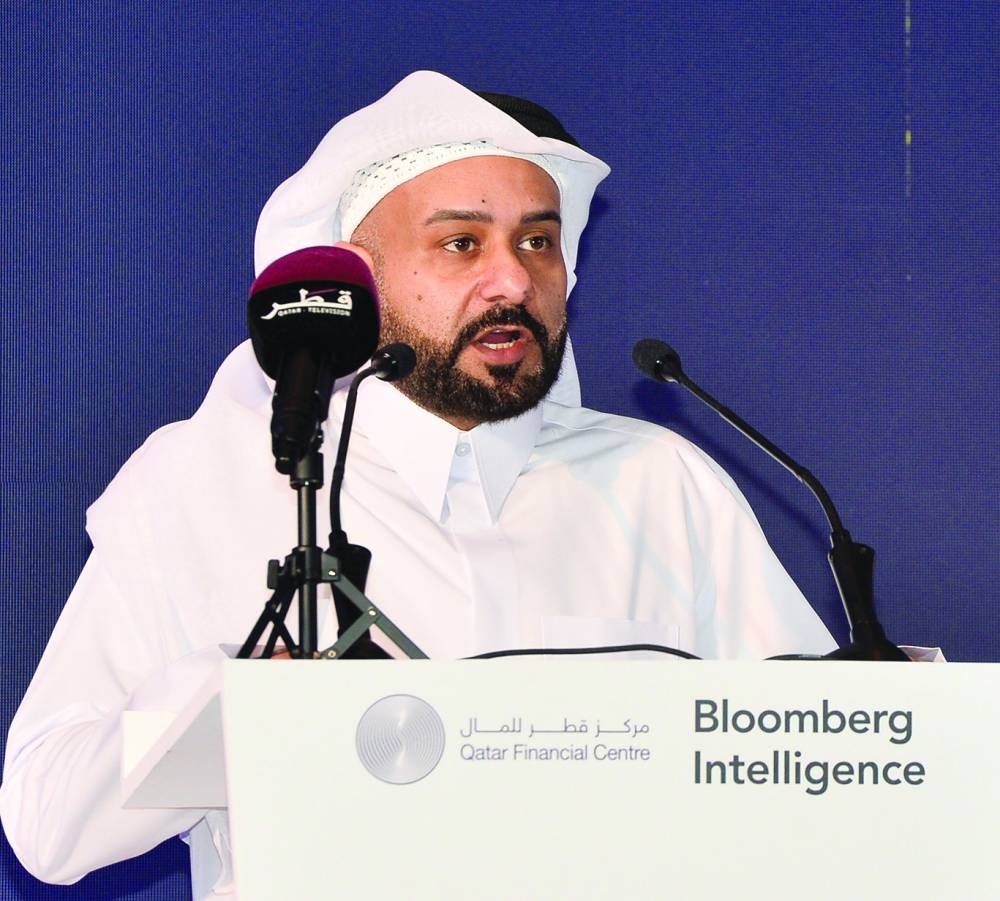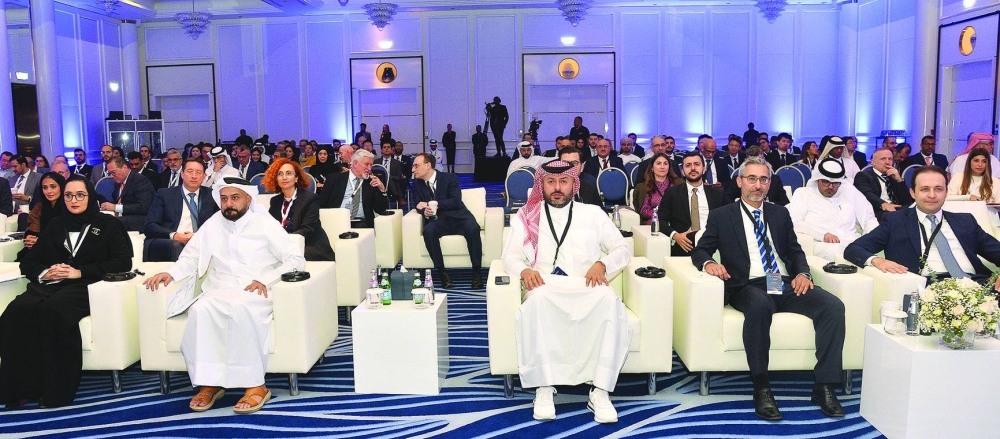Qatar's economic diversification, coupled with focus on infrastructure development and technological advancements, has positioned the country as an "attractive destination" for investments, according to Qatar Financial Centre (QFC) Authority CEO Yousuf Mohamed al-Jaida.
Addressing the second Qatar Financial Market Forum, jointly organised by the QFC and Bloomberg Intelligence, he said much like emerging markets, Qatar not only shows the potential for "significant and sustainable" change but also presents a wealth of investment opportunities.
Recognising the need to diversify its economic base and reduce dependence on hydrocarbons, he said Qatar has embarked on ambitious initiatives to broaden its economic scope.
The rapid urbanisation and infrastructural development in the country aligns with the growth patterns usually observed in the emerging markets, he said, adding significant investments have been made in infrastructure projects, including aviation, maritime, transportation, hospitality, and sports facilities.
This accelerated development, according to him, reflects the pace seen in emerging markets as they strive to meet the demands of a growing population and expanding economy.
Qatar has also proactively embraced innovation and technology, directing investments towards renewable energy, smart cities, and advanced technologies. This strategic move reflects the tech-driven transformations often witnessed in emerging markets, he said.
"Qatar's commitment to economic diversification, coupled with its focus on infrastructure development and technological advancements, positions the nation as an attractive destination for investment," al-Jaida said.
The QFC has aligned with the Third National Development Strategy, to "sustainably develop our economy to remain competitive amidst a turbulent and rapidly changing global landscape" and achieve the targets of the Qatar National Vision 2030, he added.
Recognising the pivotal role of the financial sector in promoting sustainable economic growth, he said the QFC places "significant" emphasis on developing the financial services industry.
To advance financial innovation and promote transparency in the financial market, the QFC introduced sustainable sukuk and bonds and, recently, it inaugurated the QFC Digital Dome, housing the digital assets lab and other digital financial innovation platforms.
"Our goal is to position the country at the forefront of global digital evolution by attracting talent, fostering innovative ideas, promoting local and international collaborations, and bringing cutting-edge projects that shape the future to life," he said.
Business
Economic diversification, infrastructure development and technological advancement position Qatar as "attractive" investment destination: Al-Jaida

QFC Authority CEO Yousuf Mohamed al-Jaida addressing the Qatar Financial Market Forum. PICTURE: Shaji Kayamkulam

A section of audience at the second Qatar Financial Market Forum.

